Voices from Swaziland
Voters discuss their king and the country’s controversial electoral process.
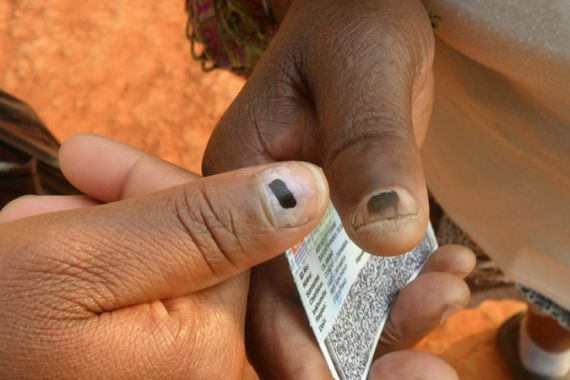
Northwestern Swaziland – Nestled between South Africa and Mozambique, Swaziland is a small, quaint, traditional country that is home to more than 1.2 million people.
Ruled by King Mswati III since 1986, everyday life and politics in one of Africa’s few remaining monarchies is heavily based on Swazi culture and custom.
It also has its contradictions. Though Swaziland is ranked among the poorest countries in Africa, the king’s wealth is estimated to be worth $200m.
Its electoral system does not allow political parties to participate. Instead, local chiefs approve independent candidates to stand for parliamentary election.
The 1973 party ban has caused tension between the state and opposition movements, and raised questions over the fairness of the 2013 election. Opposition parties and international rights groups have called the vote a farce.
More than 400,000 registered voters cast their votes Friday across the country’s 55 constituencies to elect 55 individuals to the House of Assembly in the second round of parliamentary elections.
On election day, Al Jazeera traveled to several towns in the northwest to talk to voters.
| Ncengiwe Nobuhele, 36, Saraphinah Tesulelo, 73 |
Lobamba, Swaziland
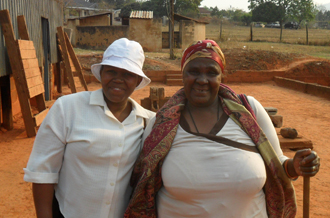 |
| [Tendai Marima/Al Jazeera] |
Swaziland is not like other countries because here we have a king. He is not chosen by anyone like a president who has to change all the time.
We voted for our representatives in parliament who fall under the king, and our MP will develop our community. Here in Lobamba we are looked after by the king …
There are agricultural projects for our community so the local people are employed. This is why we like Mswati as our king, and we will vote for an MP who can support the king.
| Petros Manyisa, 29 |
Ezulwini Valley, Swaziland
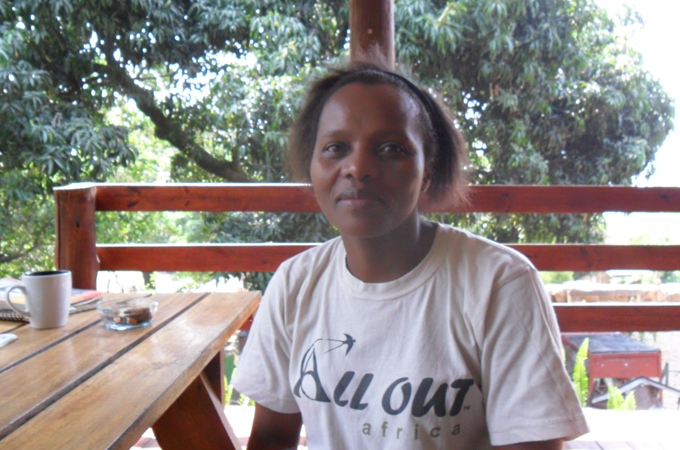 |
| [Tendai Marima/Al Jazeera] |
It was my first time to vote because before I was not interested in voting.
I voted in this election because I want one of the candidates to be elected as our MP.
He seems to have a good vision for the community and he has a plan to develop the area. He has promised to build another school because there is only one high school in my area and for many students, it’s very far to walk.
| Mpendulo Motsa, 20 |
Manzini, Swaziland
I was a polling agent in this election and there not as many as voters as we were expecting. More than 800 are registered to vote in this area but less than 400 showed up.
Working as a polling agent, this election was different from my experience in the primary elections because this time the polling officers have agreed to show us the voter’s roll. The last time they refused to give it to us. As polling agents it’s our responsibility and our right to see it, at least this time around officials at this polling station have said they will show it to us.
| Petros Manyisa, 29 |
Manzini, Swaziland
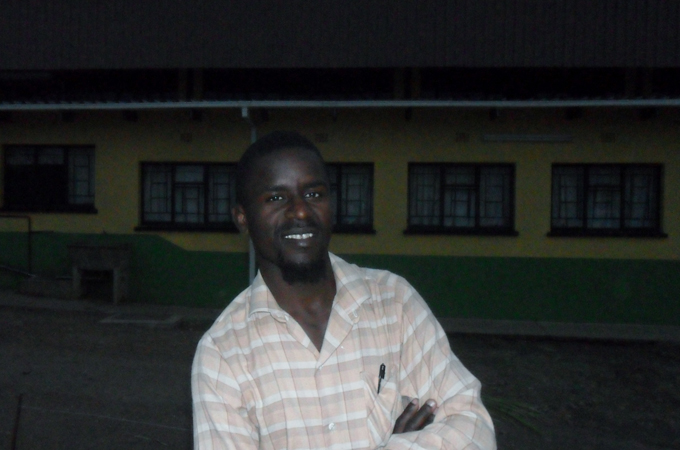 |
| [Tendai Marima/Al Jazeera] |
I really liked taking part in the election because it’s very important for our country.
We were voting for a new government, a new group of politicians who could bring change to our country. People need jobs, more schools and more clinics.
I don’t mind that we don’t have to elect a president because we have a king to rule us. If he chooses extra MPs, he is not wrong. He has the right to choose the MPs, the chiefs and the judges because he is the head of the country.
| Mduduzi C. Bucopho, 45 |
Manzini, Swaziland
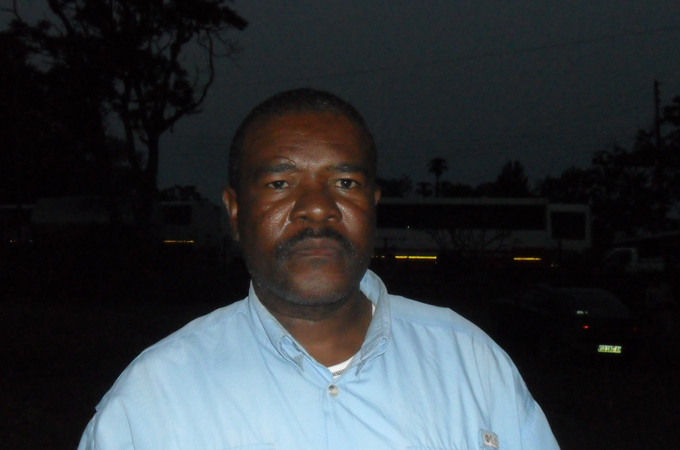 |
| [Tendai Marima/Al Jazeera] |
I have participated in two elections before,and this year I was standing for a council seat. But I am not very happy about things.
There are claims of bribery and it’s possible that some candidates are paying people to go and vote for them so they win. This was the same situation in 2008’s election.
I don’t think I will stand again in 2018 because if people use bribery, the election is not fair and it’s not democratic.
| Thabisile Mavimbela, 38 |
Manzini, Swaziland
I always vote and it was so quick and easy to vote in this second round of elections. It was not like the primary elections in August. It was such a slow and disorganised process, and so many people did not vote. But this time things were much better. I don’t think we need change in Swaziland. I support our king, my community and our culture.
I think our political system is fine the way it is. We can keep our way of life and even if some don’t like the tinkhundla system, I like our voting system.
Follow Tendai on Twitter: @i_amten